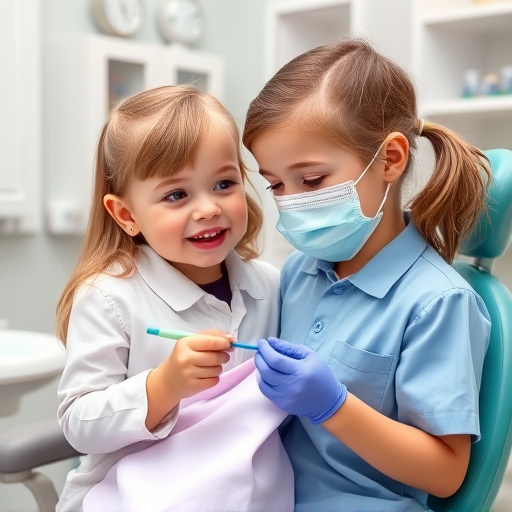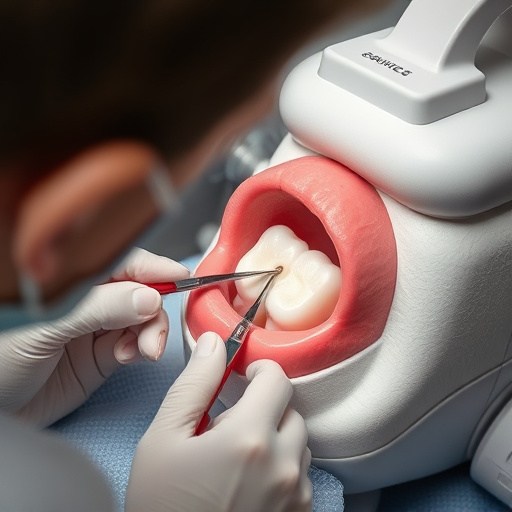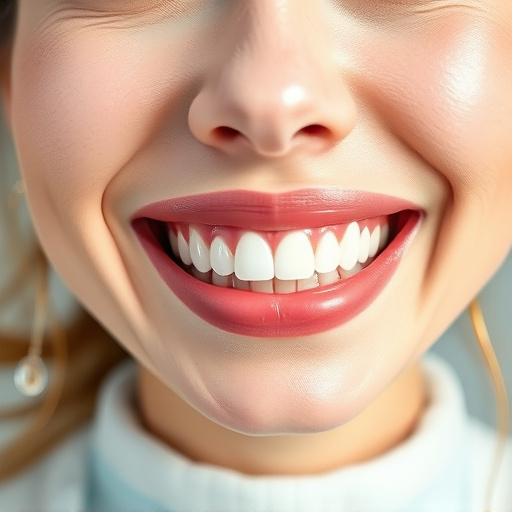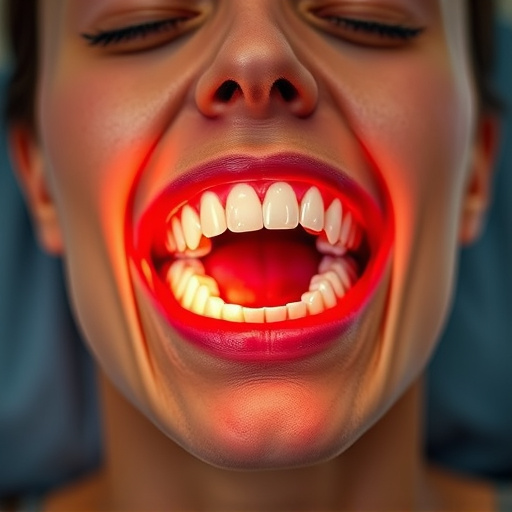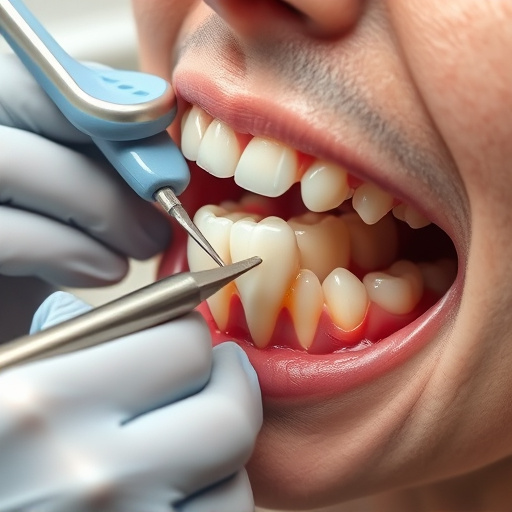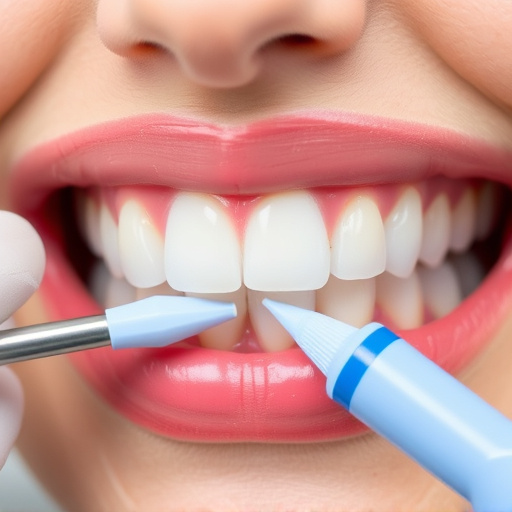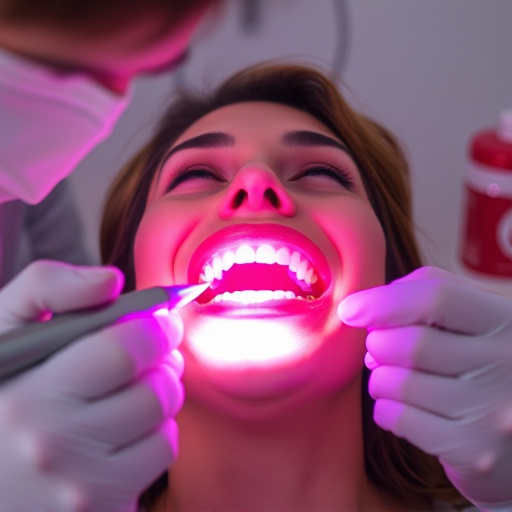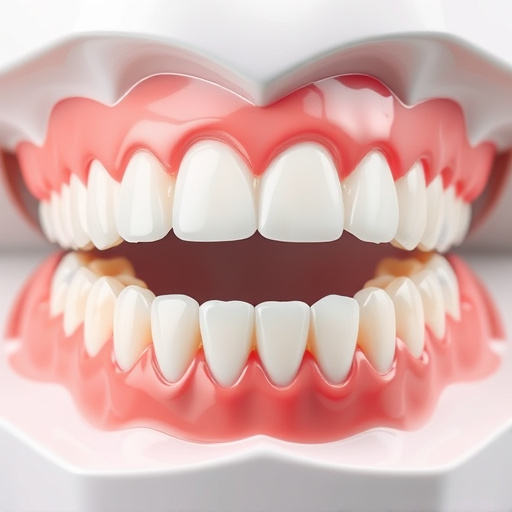A multilingual dental staff is crucial for family dentistry practices in diverse societies, bridging communication gaps, fostering trust, and providing culturally sensitive care. They enhance patient comfort, encourage proactive oral health management, and lead to improved overall dental health outcomes within varied communities, making comprehensive dental care accessible to all.
In today’s diverse communities, a multilingual dental staff is essential for culturally sensitive care. Effective communication bridges gaps and fosters trust between patients and healthcare providers. This article explores the benefits of having dental professionals who speak multiple languages, delving into strategies like cultural sensitivity training to enhance patient experiences. We discuss how language accessibility improves care, ensuring that every patient receives personalized, respectful treatment tailored to their unique cultural needs.
- Multilingual Dental Staff: Bridging Communication Gaps
- Cultural Sensitivity Training for Dental Professionals
- Enhancing Patient Care Through Language Accessibility
Multilingual Dental Staff: Bridging Communication Gaps
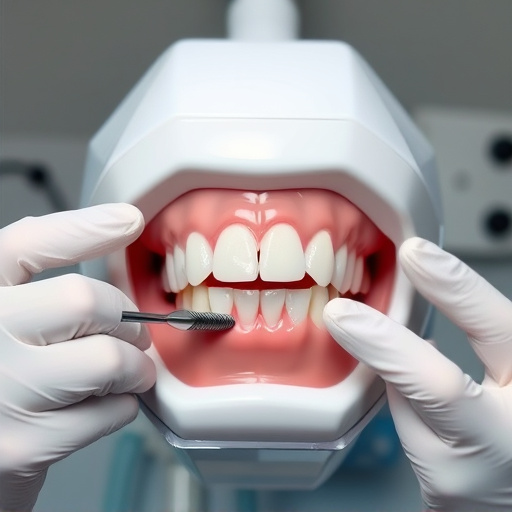
In today’s diverse society, a multilingual dental staff is an invaluable asset to any family dentistry practice. With comprehensive dental care at its core, these teams play a crucial role in bridging communication gaps and ensuring that all patients receive the best possible routine oral exams. By offering services in multiple languages, dental professionals can foster a welcoming environment for individuals from various cultural backgrounds, eliminating language barriers and promoting trust.
This approach not only enhances patient comfort but also encourages proactive oral health management. When patients feel heard and understood, they are more likely to attend regular check-ups, adhering to essential preventive care practices. Thus, multilingual dental staff contribute significantly to improving overall dental health outcomes within diverse communities, ensuring that comprehensive dental care is accessible and culturally sensitive.
Cultural Sensitivity Training for Dental Professionals
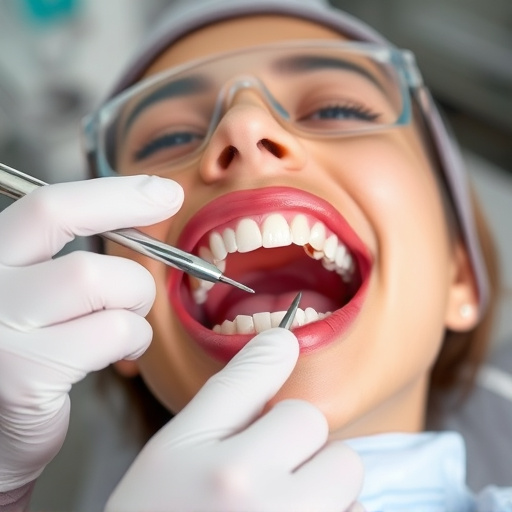
Dental professionals play a vital role in fostering culturally sensitive care, especially within a diverse society where multilingual dental staff is becoming increasingly common. Training programs focused on cultural sensitivity equip dentists with the skills to navigate complex interpersonal dynamics and provide quality care tailored to each patient’s unique background. These workshops often delve into topics like understanding cross-cultural communication, recognizing and appreciating diverse belief systems related to health and healthcare, and learning about specific cultural practices that may influence dental procedures.
For instance, a dentist with multilingual capabilities can effectively communicate dental procedures in a patient’s native language, reducing anxiety and ensuring informed consent. This is particularly relevant when dealing with sensitive issues like tooth extractions or complex treatments such as cosmetic dentistry or dental implants. By embracing cultural sensitivity training, dental professionals can enhance their ability to serve diverse communities, ultimately improving patient experiences and outcomes.
Enhancing Patient Care Through Language Accessibility
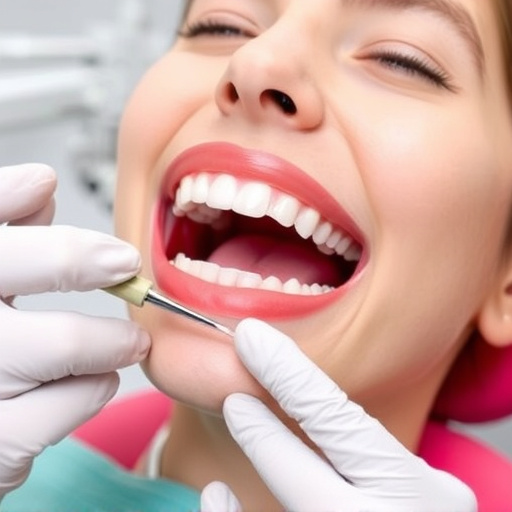
Having a multilingual dental staff significantly enhances patient care by ensuring language accessibility for diverse communities. In today’s multicultural society, many patients may feel uncomfortable or hesitant to seek dental treatment due to language barriers. When patients can communicate freely with their dental care providers, it fosters trust and promotes better understanding of their oral health needs. This leads to more accurate diagnoses and effective treatment plans, such as emergency dental care, dental fillings, or dental bonding procedures.
A multilingual team enables dentists to provide personalized care tailored to individual patient preferences and cultural backgrounds. By breaking down language obstacles, dental professionals can offer a more inclusive environment, ensuring that every patient receives the same level of quality service. This accessibility not only improves patient satisfaction but also encourages regular dental check-ups, contributing to better oral health outcomes for all.
By incorporating multilingual dental staff and providing cultural sensitivity training, dental practices can significantly enhance patient care. This approach ensures effective communication, respects diverse cultural backgrounds, and fosters an inclusive environment. Embracing these strategies not only improves patient satisfaction but also encourages better health outcomes, making it a crucial step towards equitable dental care. Multilingual dental staff truly act as cultural ambassadors, bridging gaps and promoting understanding in the dental chair.




